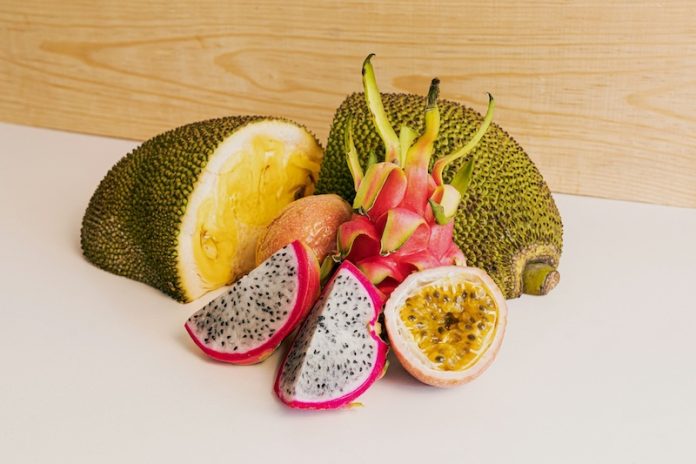
For people with type 2 diabetes, choosing the right foods is very important—and that includes fruits. Fruits are full of vitamins, fiber, and antioxidants that support good health.
But some fruits can raise blood sugar levels quickly, especially those with a high glycemic index (GI), which measures how fast a food causes blood sugar to rise. Understanding which fruits are better for blood sugar control can help people with diabetes stay healthy and feel better.
Type 2 diabetes is a long-term condition that affects how the body handles sugar in the blood. In a healthy body, insulin helps move sugar into cells to be used as energy.
In type 2 diabetes, either the body doesn’t make enough insulin or the cells don’t respond to it properly. This leads to too much sugar staying in the blood, which can cause problems over time, such as heart disease, kidney issues, and vision loss.
Luckily, making smart food choices—including fruit—can help manage blood sugar. Some fruits have a low GI and fewer carbohydrates, which makes them better choices for people with diabetes.
Berries are one of the best fruits for diabetes. Strawberries, blueberries, and raspberries are not only tasty but also low in sugar and high in fiber. A cup of strawberries has about 12 grams of carbs, and raspberries have even less—only about 7 grams. Their fiber slows digestion, which helps prevent quick spikes in blood sugar.
Avocados are another great option. Even though many people think of them as vegetables, they are actually fruits. They are low in carbs and high in healthy fats and fiber. A medium avocado has around 17 grams of carbs, but most of that is fiber, which doesn’t raise blood sugar much. Avocados can also improve insulin sensitivity.
Cherries are a sweet fruit with a low GI. They are full of antioxidants and can help reduce inflammation. A cup of cherries has about 19 grams of carbs and can be a good snack for someone with diabetes.
Grapefruit is another smart choice. Half a grapefruit contains around 11 grams of carbs and has a low GI. It’s low in calories and rich in fiber and vitamin C. Just be sure to check with a doctor if you take medications, as grapefruit can interact with some drugs.
Apples are well known for being good for your health. They are high in fiber and contain antioxidants that support heart health. A medium apple has about 25 grams of carbs, with 4 grams of fiber. Their moderate GI means they can still be part of a healthy diabetes-friendly diet when eaten in moderation.
On the other hand, some fruits can cause a sharp increase in blood sugar. Watermelon is one example. It has a high GI and, although low in calories, it can raise blood sugar quickly. A cup has about 11 grams of carbs.
Pineapple is another high-GI fruit. A cup contains about 22 grams of carbs and a lot of sugar, making it less ideal for people trying to manage diabetes.
Mangoes are very sweet and have a high sugar content. A cup contains around 28 grams of carbs, which can quickly affect blood sugar levels.
Grapes, while small, are high in sugar and carbs. A cup of grapes has about 27 grams of carbs. Even though they have nutrients, they are best eaten in small portions or avoided by those closely watching their blood sugar.
Dried fruits like raisins, dates, and prunes are also packed with sugar. Because the water has been removed, the sugar becomes more concentrated. A small box of raisins has about 34 grams of carbs, making it a risky snack for people with diabetes.
Fruit juices should also be limited. Even 100% juice is high in sugar and lacks fiber, which helps slow the release of sugar into the blood. A cup of orange juice has about 26 grams of carbs and can cause a quick blood sugar spike.
In conclusion, fruits can still be part of a healthy diet for people with type 2 diabetes. The key is to choose fruits with a low glycemic index and to eat them in moderate amounts. Berries, apples, grapefruit, cherries, and avocados are all great options.
Meanwhile, fruits like watermelon, pineapple, mangoes, grapes, dried fruits, and fruit juices should be limited. With careful planning and smart choices, fruits can offer flavor and nutrition without causing blood sugar problems.
If you care about diabetes, please read studies about a cure for type 2 diabetes, and these vegetables could protect against kidney damage in diabetes.
For more information about diabetes, please see recent studies about bone drug that could lower risk of type 2 diabetes, and results showing eating more eggs linked to higher risk of type 2 diabetes.
Copyright © 2025 Knowridge Science Report. All rights reserved.



